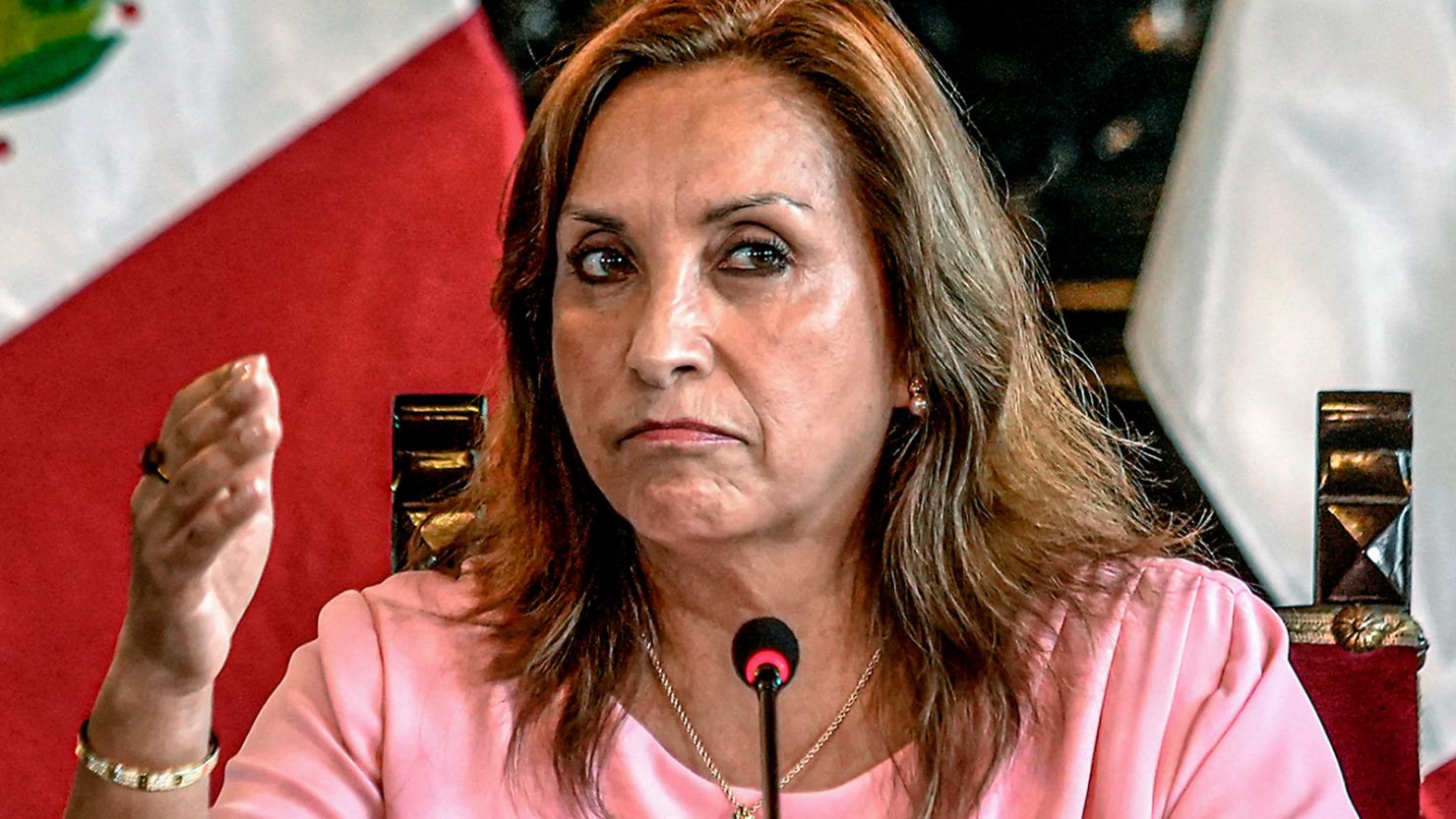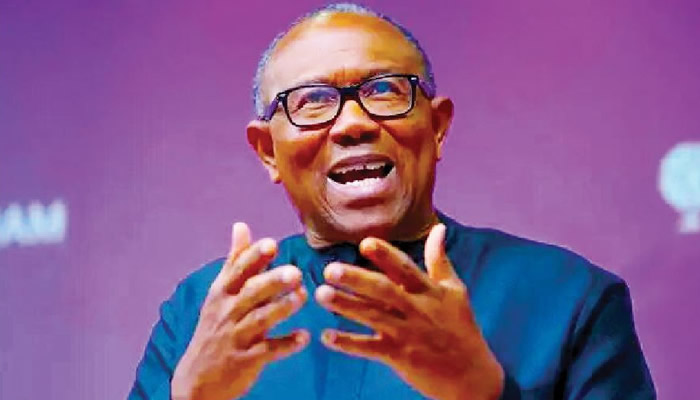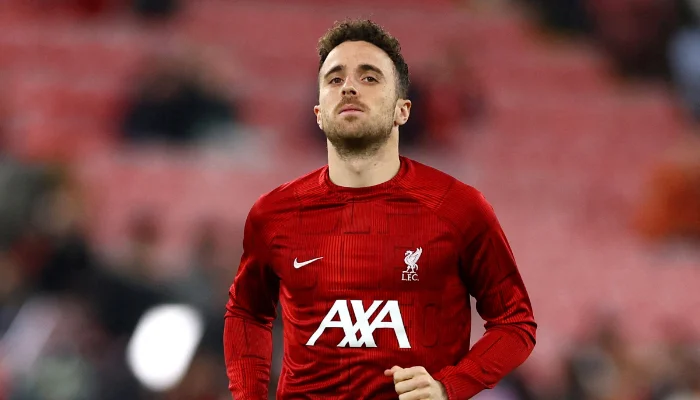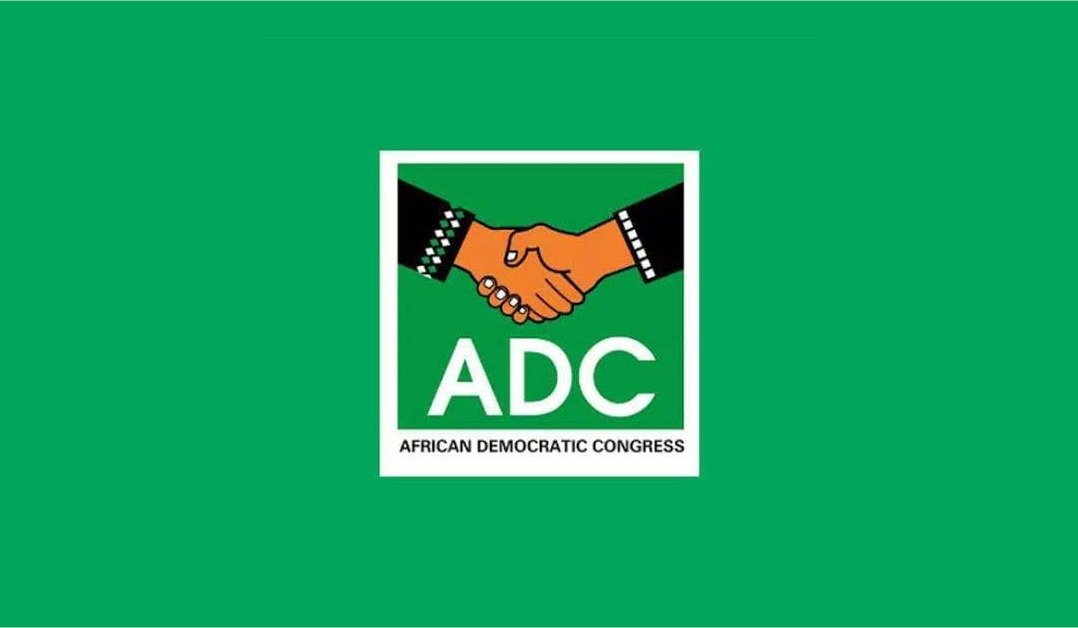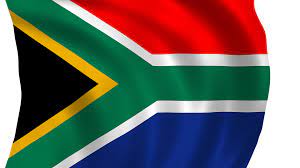By Ayomide Otitoju
A South African court on Monday launched a long-awaited inquest into the 1985 killings of four anti-apartheid activists, a case that remains one of the darkest chapters of the apartheid era and continues to haunt the nation’s pursuit of justice.
The so-called Cradock Four—teachers Fort Calata, Matthew Goniwe, Sicelo Mhlauli, and railway worker Sparrow Mkonto—were abducted and murdered by a police hit squad while returning from a political meeting in the southern town of Cradock. Despite the high-profile nature of the case, no one has ever been held accountable.
Opening proceedings in the Eastern Cape city of Gqeberha, Advocate Howard Varney, representing the families of the victims, said the inquest offered a “last chance” for justice.
“After 40 years, the families are still waiting for justice and closure,” Varney told the court.
He argued that the murders were “a calculated and premeditated decision” taken at the highest levels of the apartheid government’s security apparatus, and that state inaction since then has been inexcusable.
The Truth and Reconciliation Commission (TRC), set up in the 1990s to address apartheid-era crimes, denied amnesty to six suspects in the Cradock Four case, clearing the way for possible prosecution. However, successive post-apartheid governments failed to pursue legal action.
Varney said this failure stemmed from a “toxic mix of idleness, indifference, incapacity or incompetence,” adding that families also suspected political interference prevented the case from advancing to trial.
“This inquest is probably the very last chance that the families will get to reach a semblance of closure. They deserve nothing less than a full and comprehensive accounting with the past,” he said.
The current proceedings mark the third inquest into the killings, which occurred at the height of the apartheid regime’s brutal crackdown on dissent. Previous inquiries fell short of delivering justice, and widespread public frustration has mounted over delays in prosecuting apartheid-era crimes.
In April, President Cyril Ramaphosa established a judicial inquiry to investigate why prosecutions for political crimes committed under apartheid have stagnated.
Earlier this year, in January, 25 families, including those of the Cradock Four, launched a lawsuit against the South African government, accusing it of a “gross failure” to investigate and prosecute those responsible for politically motivated killings.
The outcome of the inquest could have far-reaching implications for other unresolved cases from the apartheid era and may signal whether the government is willing to confront the legacy of impunity that has long shadowed the nation’s democratic transition.


